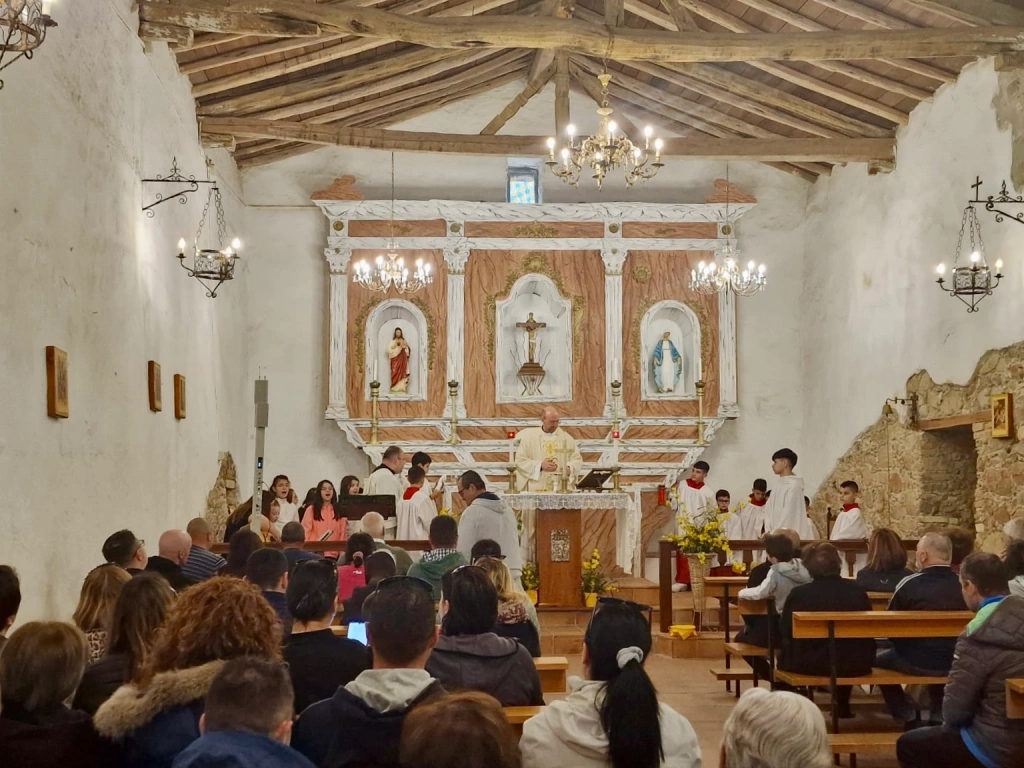In preparation for I talk I gave last week to a group of seminary rectors from Africa and Asia, I read Romano Guardini’s short but profound book Liturgy and Liturgical Formation.
Guardini was one of the twentieth century’s sharpest and most balanced theological minds, and his writings on the liturgy are particularly valuable. He understands the irreducibility of liturgy and liturgical symbols and has absorbed the way the Fathers experienced liturgy, best exemplified by the line from Pope St. Leo the Great’s Ascension homily: “What was visible in the Lord has passed over into the mysteries.”

Here are a few gems from Liturgy and Liturgical Formation:
“Liturgy does not deal with knowledge but with reality. There is knowledge of the liturgical action, which precedes it and could be called liturgical knowledge. And there is knowledge within it; the liturgical event allows an insight into itself. To speak of this today is not easy because it has escaped our religious consciousness at large. The liturgy itself is not merely knowledge but a full reality, which embraces much more than knowledge alone: a doing, an order, and the being of itself.” (13)
“The liturgy is not designed theoretically, but historically. Therefore, it contains many idiosyncrasies and imbalances, just as a human being who has undergone much personal development, or a people who have trodden a long historical path […] It could be different, but it is what it is […] All of this poses a difficult challenge for the rebellious spirit of the individual who likes to be the measure of all things.” (71)
“The liturgy has indeed no content other than the person, the life, the word, and the actions of the Lord.” (87)
Romano Guardini, Liturgy and Liturgical Formation, trans. Jan Bentz, Liturgy Training Publications 2022.
